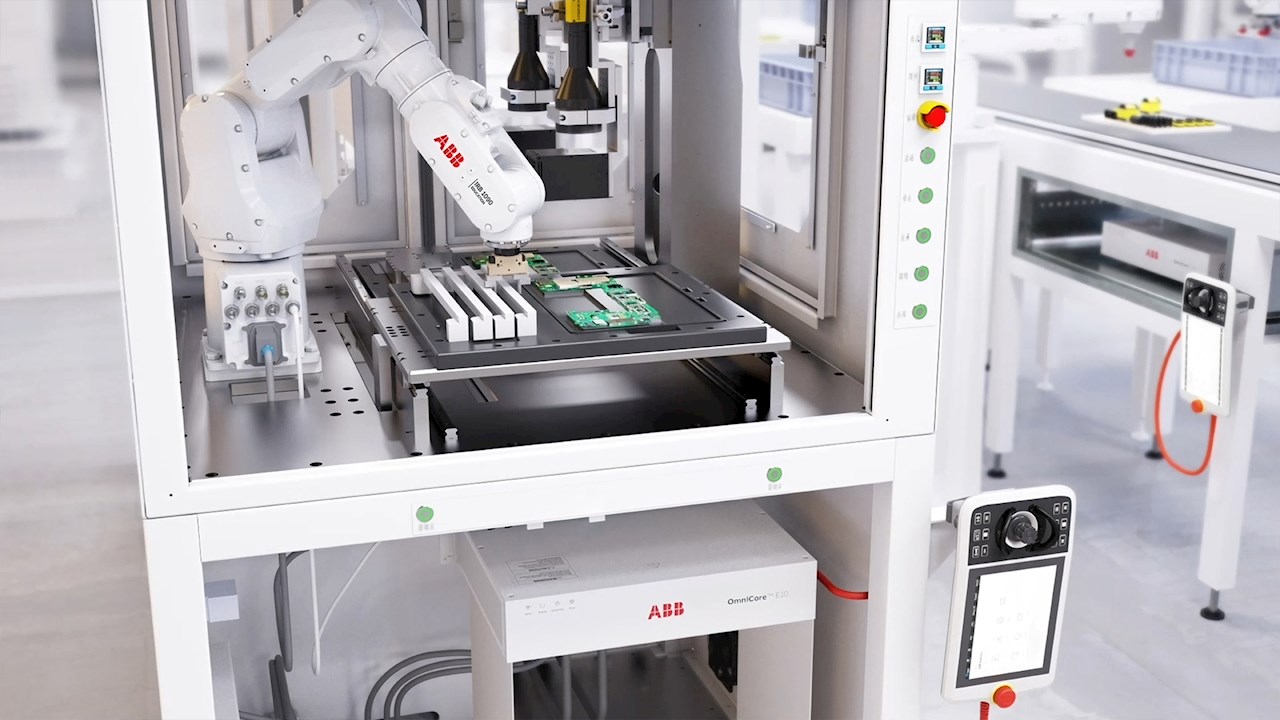Philips receives FDA approval for its AI MR platform used to detect head and neck cancers.
The FDA Approves AI Technology
The company announced that the FDA has approved Philip’s MRCAT radiotherapy. The authorization, also known as a 510(k) clearance, requires manufacturers to register and notify the FDA of their intent to market a medical device at least 90 days in advance. Using MRI in place of CT scans MRCAT Head and Neck, short for MR for Calculating Attenuation, allows MRI to be used as the primary imaging modality without requiring oncologists to use CT scans. Artificial intelligence software creates images that look like CT scans in terms of accuracy and resolution. MRCAT takes less than three minutes.
Combining artificial intelligence with other functions
The MRCAT, equipped with artificial intelligence, enables the use of MR, or magnetic resonance imaging, as the primary imaging method when using radiation therapy in the treatment of head and neck tumors.
Philip’s neck and spiral development and imaging capabilities and high-resolution image quality are combined with the new comfort, positioning accuracy, and stability features of the MacroMedics mask. The company wants to make the experience more comfortable for patients and provide oncologists with accurate images and precise treatment for difficult-to-treat tumors.
“Complete visualization of soft tissues in an MR examination and advances in information integration and organization, including the use of artificial intelligence, promise more clarity and less subjectivity when planning radiation therapy for head and neck cancer,” said senior physician Ilja Gipp, Philips Oncology Solutions Provider.

Philips has shown an interest in integrating artificial intelligence into its healthcare technology for a number of years. In 2018, Philips began incorporating artificial intelligence into its business operations. It launched an AI platform called HealthSuite Insights, which would provide healthcare tools to build and maintain AI solutions in healthcare. It was said to be the industry’s first online marketplace offering curated, easily accessible AI resources.
“The quality of your artificial intelligence is only as good as the quality of the data that goes into it,” said Jeroen Tas, head of innovation and strategy at Philips. “We designed HealthSuite Insights for people who work with patient data every day and have context, including doctors, physicians, and hospital administrators.” A company based in the Netherlands hopes to offer medical professionals a simplified version of the process of combining patient data with the help of artificial intelligence.
“With the HealthSuite Insights platform, we enable them to bring together all relevant patient data, collect data, and use the power of artificial intelligence to improve accurate diagnosis, personalized care, early intervention, and hospital efficiency,” continued Tas.
The American Society for Radiation Oncology 2022 conference saw the announcement of an FDA 510(k) clearance for the AI-enabled Philips MRCAT. Artificial intelligence makes it easier for doctors to get the right information about patients and enables faster data collection.
The study was reported at the annual meeting of the American Society of Radiation Oncology. At the same time, the company debuted the results of a collaboration with patient positioning company MacroMedics.
The MacroMedics thermoplastic Eminent mask system, used to immobilize the patient’s head, neck, and shoulders during scanning and radiation therapy, is now designed to be compatible with the Philips MR coil for head and neck imaging. This system is currently awaiting FDA approval and is not yet available for sale in the United States.




